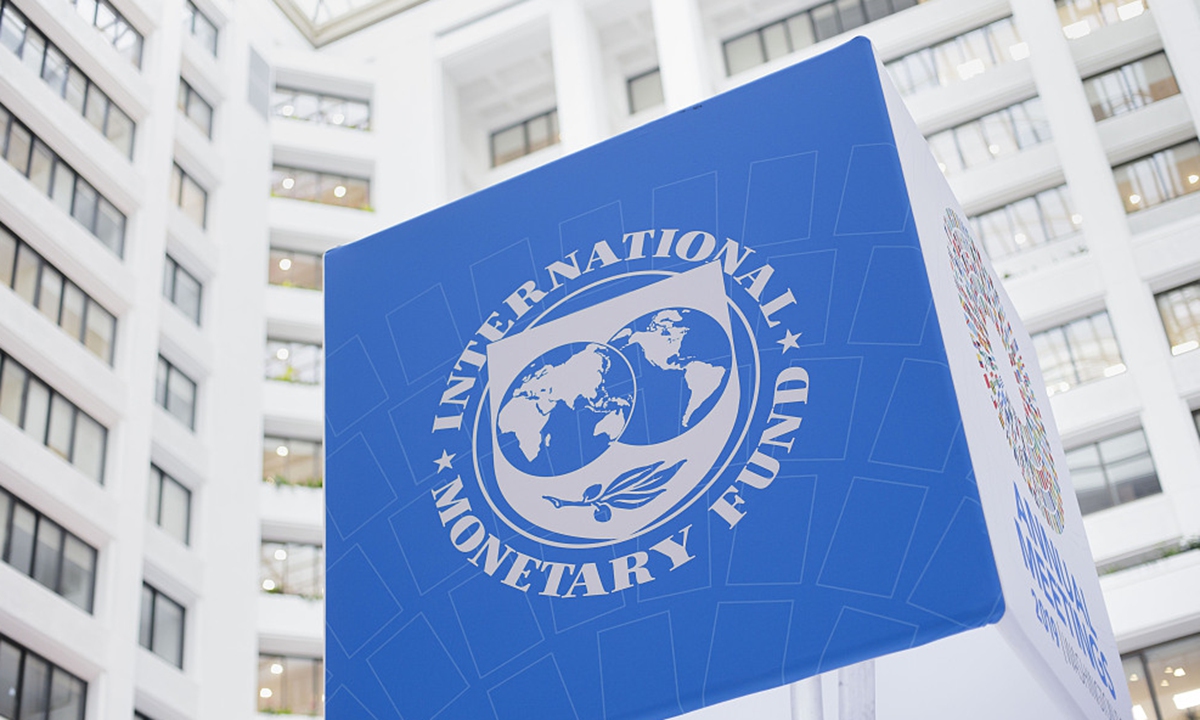Attendees of the talk and networking session for semiconductor industry players in Penang.
MALAYSIA’S role in the global semiconductor supply chain is invaluable as the country is one of the United States’ largest semiconductor trading partners. Semiconductor Industry Association (SIA) president and chief executive officer John Neuffer said Malaysia was also a leader in semiconductor assembly, test, and packaging. “The Semiconductor Industry Association looks forward to continuing our work with our counterparts in Malaysia to ensure Malaysia and our industry can thrive, innovate, and realise an even brighter future built on semiconductors,” he said. Speaking after the Malaysia Semiconductor Industry Association (MSIA) and SIA talk and networking session with MSIA members in George Town, Neuffer said in the 1990s, “the US produced 37% of the world’s chips but today, it only generates 10%.” “The US has not kept pace with the rest of the world and it has seen chip manufacturing growth everywhere in the world except in the US. “Chips are designed to make the US competitive and not to replace any country, not to decouple from the world but to be a competitive destination for investment along with countries like Malaysia and many others,” he said. Neuffer noted that the long-term outlook for the semiconductor industry was still bright with the digital transformation of every industry with technologies such as the internet of things (IoT), artificial intelligence and 5G. “Everyone needs more and more chips with the advanced growth and development of technologies worldwide. “The good news here is that the pie will be getting bigger and the pieces of the pie will also get bigger. “The future of the industry is bright and the CHIPS Act 2022 is not expected to badly affect the industry’s growth especially in countries like Malaysia,” he said, although the World Semiconductor Trade Statistics (WSTS) forecast a decline of 4.1% in the industry this year due to inflation pressures and weaker demand. The CHIPS Act prohibits funding recipients from expanding semiconductor manufacturing in China and countries defined by US law as posing a national security threat to the US. MSIA president Datuk Seri Wong Siew Hai, when asked about the recent US semiconductor policy, said, “Although the situation will add another layer of uncertainty to the outlook for the semiconductor industry, there is a window of opportunity for South-East Asian countries especially Malaysia. “There will be opportunities to capture investments, business opportunities and sales orders as Malaysia is quite broad based. “In cases where US factories in China have to move, we hope the volume will eventually move out to Malaysia,” he said. Wong added that all E&E (Electrical and Electronics) companies, US companies, Chinese companies including Malaysian companies would be assessing the potential impact of the CHIPS Act and US exports control restrictions and how they could mitigate the impact. Wong also urged the E&E industry and the Malaysian government to move quickly to seize these opportunities. Despite Malaysia’s Electrical and Electronics (E&E) sector’s slower global growth, exports for 2022 was RM593bil, 30% higher than in 2021. Malaysia continues to be an attractive location for E&E companies with 7% of the global market share and 13% global market share for semiconductor assembly, test and packing. Malaysia has attracted E&E investments of RM186.2bil since January 2020 and some of the investments have started operations with more being operational this year and in 2024. Neuffer and his team from SIA, which is the voice of the US Semiconductor Industry, were in Malaysia to meet with key relevant stakeholders including SIA member companies and those in the E&E community.MSIA is an industry association which covers individuals and companies incorporated in Malaysia who are involved directly or related to semiconductor industry (electronics and systems), semiconductor industry supply chain, institutions providing significant related services to semiconductor industry such as engineering, finance, legal and those societies, associations, chambers and government-linked agencies. Subscribe now to our Premium Plan for an ad-free and unlimited reading experience!
Related:
Chinese chipmaker SMIC issues grim outlook for 2023
Manufacturing International Corp SMIC on Thursday reported record revenue and gross margins for 2022...
Energy and high-tech decoupling among different countries is estimated to cause 1.2 percent of global GDP losses in a hypothetical case, Li Xin, deputy resident representative of the International Monetary Fund (IMF) in China said on Thursday, warning that all countries will suffer from geoeconomic fragmentation.
Related posts:






No comments:
Post a Comment